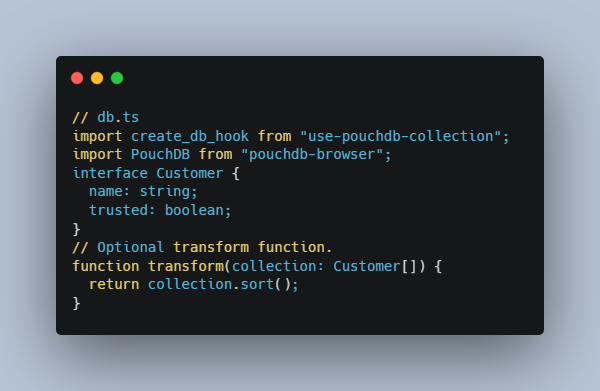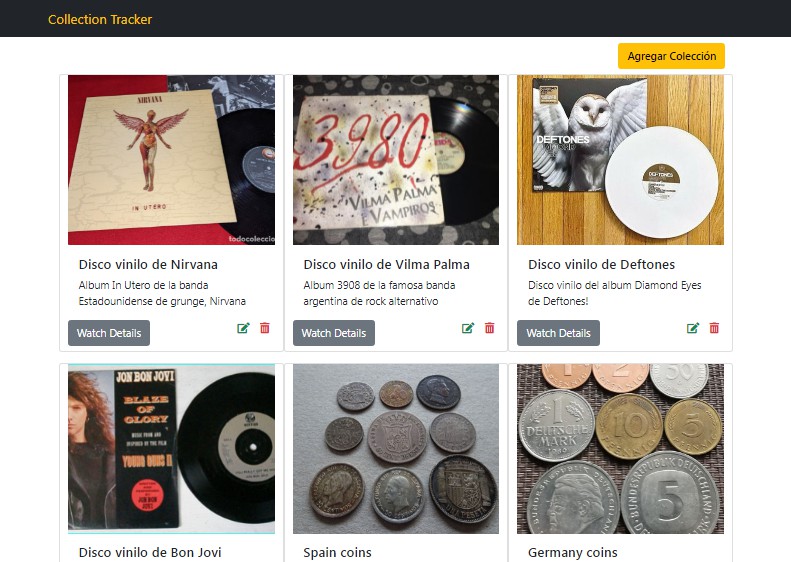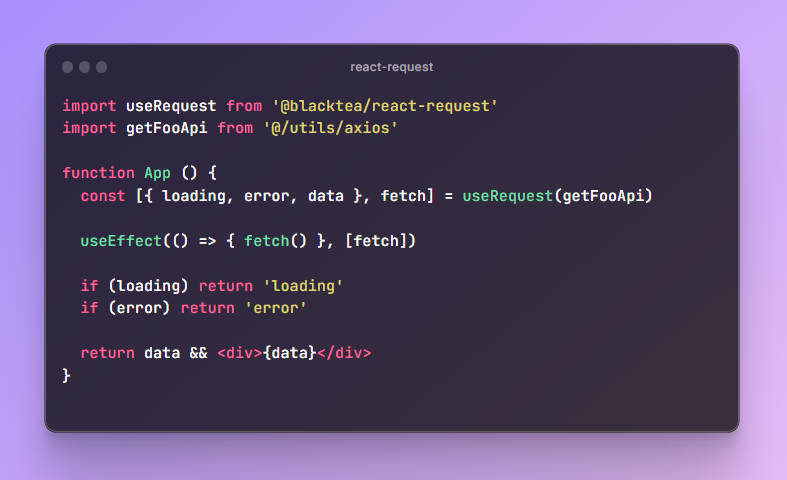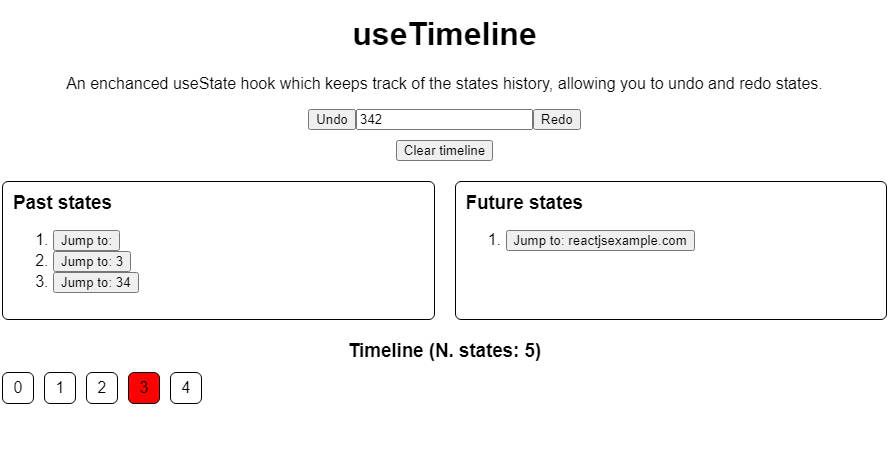use-pouchdb-collection
No dependencies, simple React hook for PouchDB. Designed to be as simple and easy to use as React.useState().
I suggest that you take a look at the source code (it’s just under 70 lines of mostly whitespace).
Usage
This library doesn’t export a React hook directly. Instead, it exports a higher order function (create_db_hook()) that returns a custom hook.
In this example I created a custom hook and exported it from db.ts.
// db.ts
import create_db_hook from "use-pouchdb-collection";
import PouchDB from "pouchdb-browser";
interface Customer {
name: string;
trusted: boolean;
}
// Optional transform function.
function transform(collection: Customer[]) {
return collection.sort();
}
export const db_customers = new PouchDB<Customer>();
export const useCollection = create_db_hook(db_customers, transform);
Import the custom hook from any number of React functional components. It will seamlessly fire a rerender of each mounted component after every change in the database and will automatically unsubscribe on unmount.
// react-component.tsx
import { useCollection } from "db.ts";
function ReactComponent() {
const [customers, upsertCustomer, removeCustomer] = useCollection();
function trust(customer) {
return async function onClick() {
try {
await upsertCustomer({ ...customer, trusted: true });
alert("Success!");
} catch (err) {
console.error(err);
}
};
}
function remove(customer) {
return async function onClick() {
try {
await removeCustomer(customer);
alert("Success!");
} catch (err) {
console.error(err);
}
};
}
return customers.map(function map(customer) {
return (
<div key={customer._id}>
<p>{customer.name}</p>
<button onClick={trust(customer)}>Trust</button>
<button onClick={remove(customer)}>Remove</button>
</div>
);
});
}





